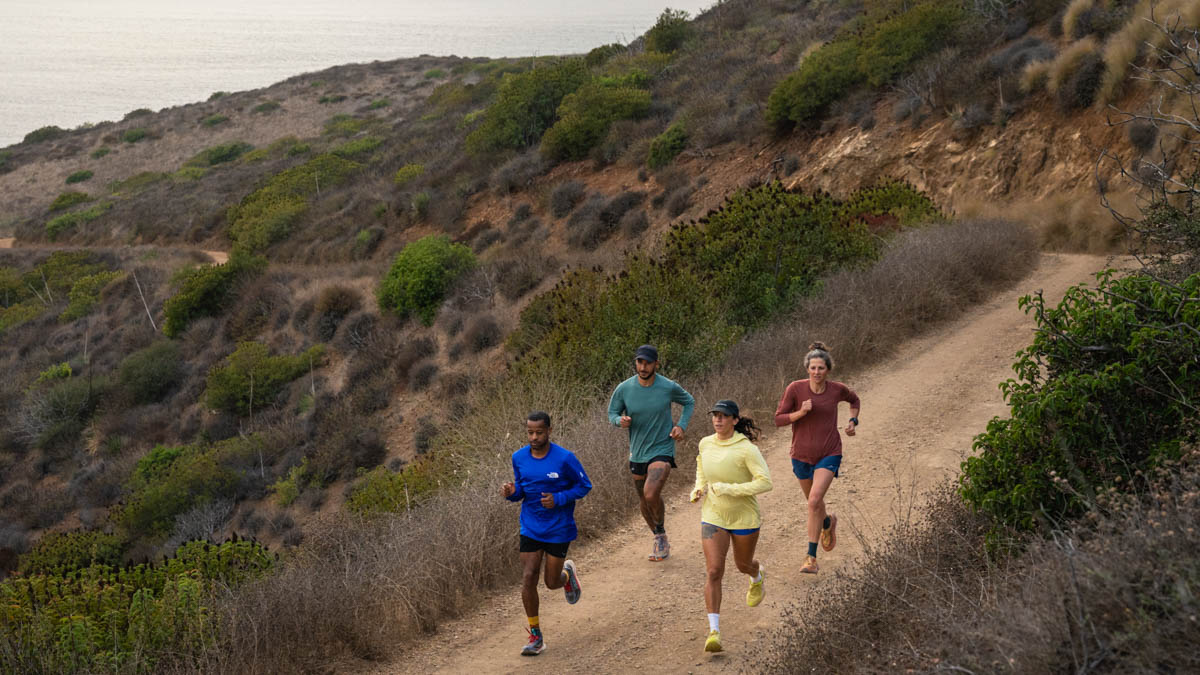
"In Columbus, there is a popular route called the Olentangy Trail, which follows the Olentangy River. The trail is always busy, but on weekend mornings, it is especially so. Certain sections of the trail feel like a freeway - full of people, not cars. We run in singles, doubles, and packs. Some people are silent; some are loud. Some perform workouts, others jog, and some walk. But we are all doing the same thing, shoulder-to-shoulder - engaged in a common task."
"On busy mornings, trail etiquette is in place. We pass on the left, providing verbal notice. We stay on marked paths, carry out our trash, and (for those listening to music), we listen via headphones and at modest volumes that keep us alert. We defer to young children on tricycles, and we give nods of affirmation to those engaged in impressive efforts. We are civil."
"Seen one way, running has very little to do with civility, or being civilized. It is a bodily activity. We sweat. We eat with our hands, forsaking silverware. Our clothes are moisture-wicking and functional. But seen another way, running has a great deal to do with civility. It supports the flourishing of our community and forms us in ways that can make us better citizens."
A move to Columbus led to morning runs on the Olentangy Trail, a busy riverside route that often feels like a freeway of people. Runners appear in singles, doubles, and packs, varying in noise, pace, and purpose, yet sharing a common task. Trail etiquette governs behavior: pass on the left with verbal notice, stay on marked paths, carry out trash, use headphones at modest volumes, defer to children, and offer nods of affirmation. Running operates as both a bodily activity and a civic practice that supports community flourishing and forms better citizens, including by creating friendships across differences.
Read at iRunFar
Unable to calculate read time
Collection
[
|
...
]